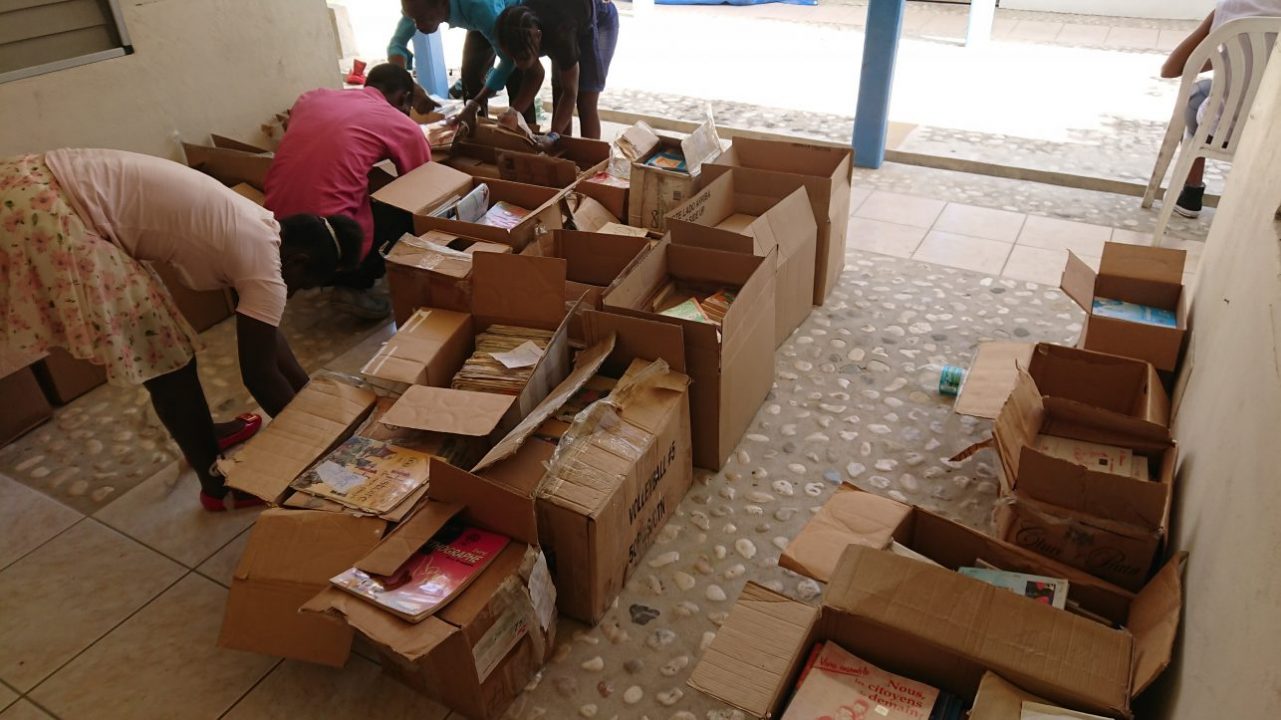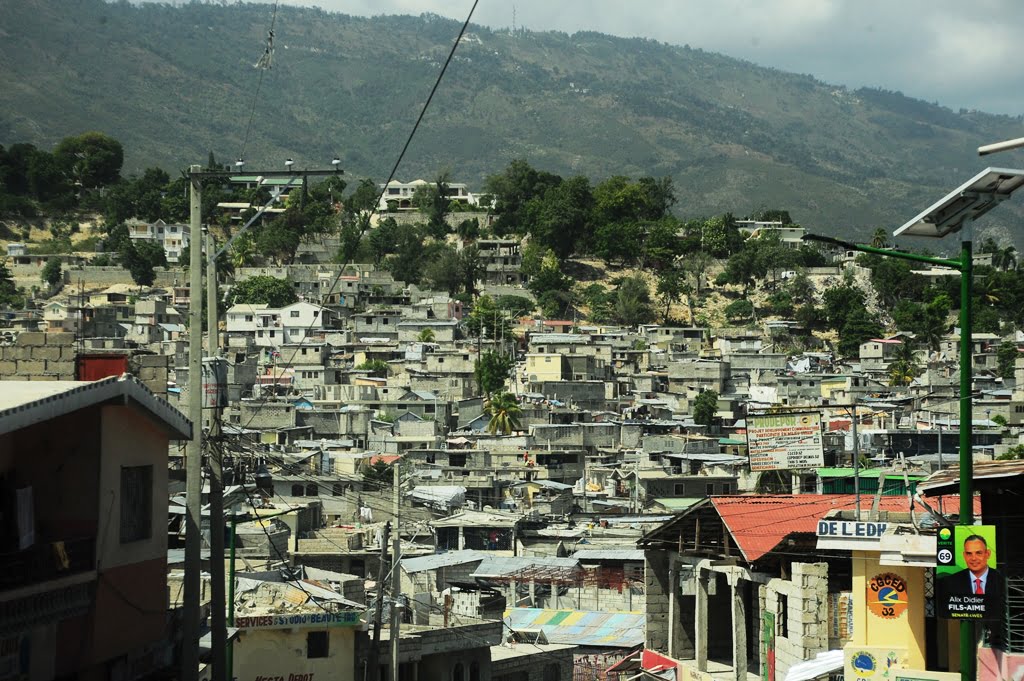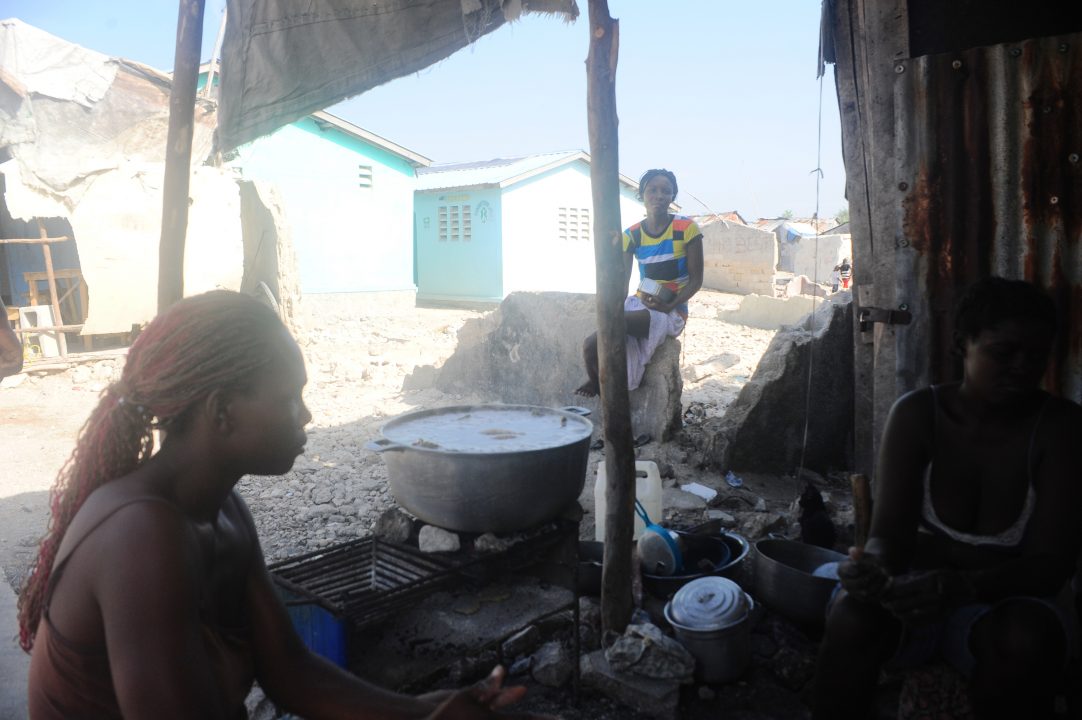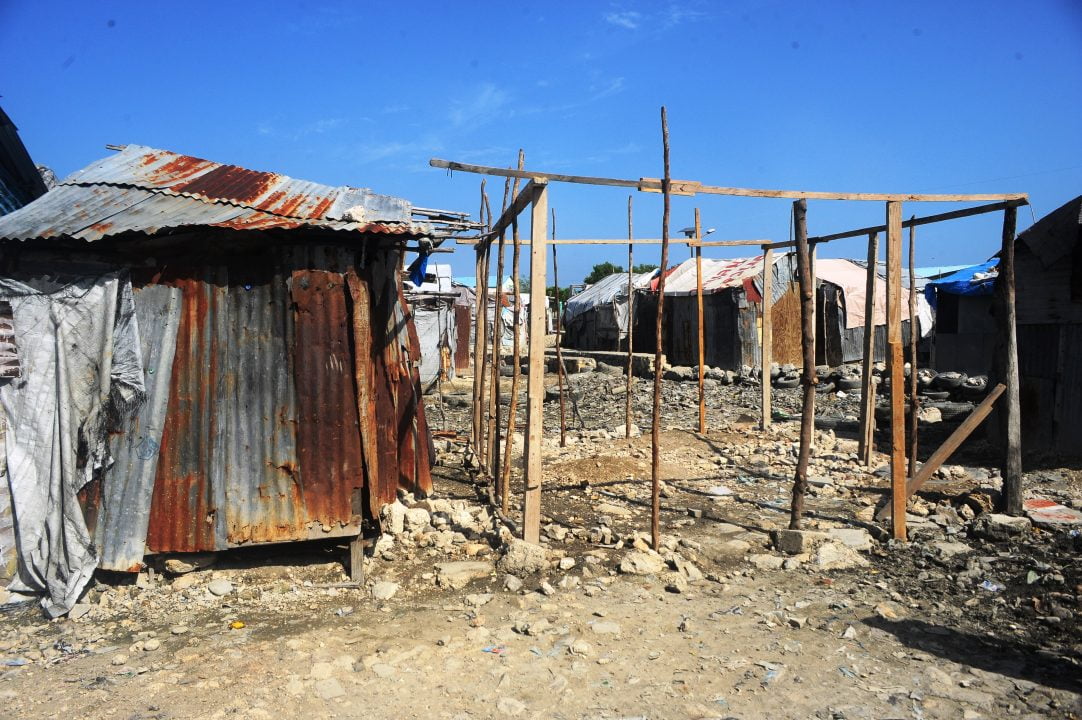December 18, 2019
Categories: Restavek
Tags: education, fafo, girls, stats
Most Child Domestic Workers cannot complete their primary education. To begin with, they have to work and earn for themselves and their families. The situation is bad for both girls and boys. According to data, 44 percent of girls have only attained incomplete primary education. Likewise, only 30 percent of Haitian boys have attained […]
December 3, 2019
Categories: Restavek
Tags: 2010 earthquake, fafo, stats
Researchers canvassed all departments in Haiti and surveyed 2,078 households. In general, the earthquake affected 10 percent of households or 210 of them. Notably, the households in the Ouest and Sud-Est Departments were the most harmed. This is in reference to physical damages to houses or property. Specifically, 14.1 percent of the households in […]
November 9, 2019
In Haiti, many households with child domestic workers (CDW) do not have a steady source of income. Thus, the situation improves in families without any CDWs. Also, in rural areas, CDW households with a male head have more income than CDW households with a female on. But, in urban areas, this may not always be the […]
November 8, 2019
Categories: Restavek
There is a large difference in the household wealth of homes based on the gender of its domestic workers. Generally, there are two main dimensions. Particularly, these are the wealth of the household and its location. Overall, girl domestic workers are generally placed in wealthier households. The accompanying graph highlights the wealth of households with […]
October 31, 2019
Categories: Ayiti Now Corp, Infrastructure, Poverty, Restavek
Tags: fafo, housing, sanitation, stats
Researchers have determined the following: 60.3 percent of child domestic workers live in rural areas, 39.7 percent of child domestic workers live in urban areas. 62 percent of all respondents said was that Restavek homes are Kay bas. Notably, this was the most common answer. Specifically, Kay bas implies a concrete home with a […]




